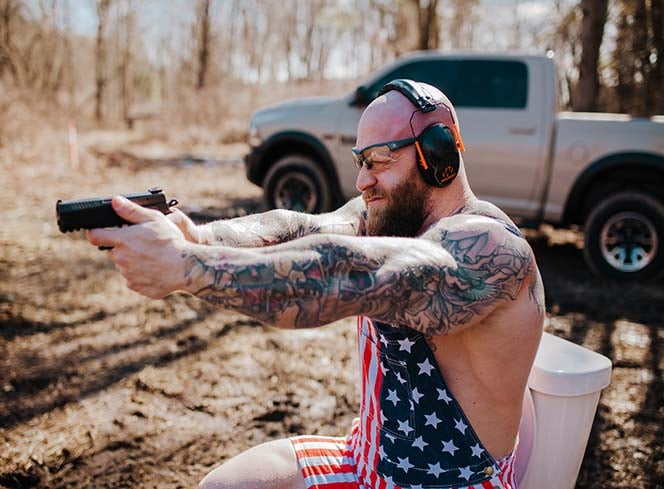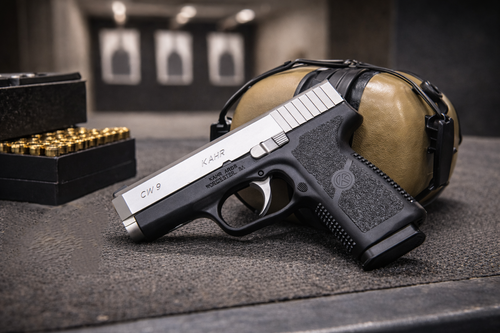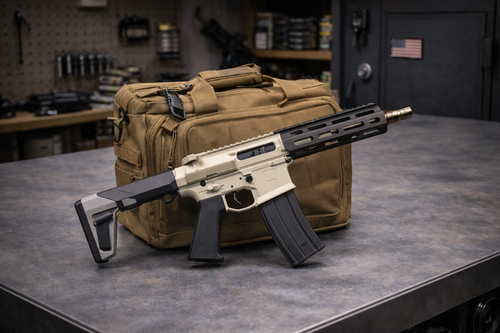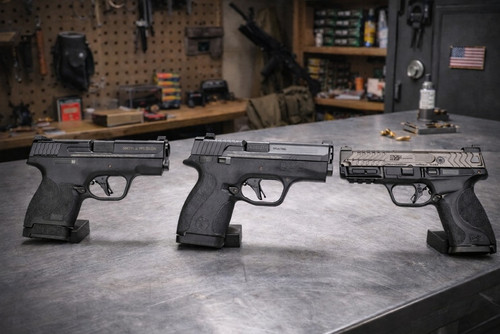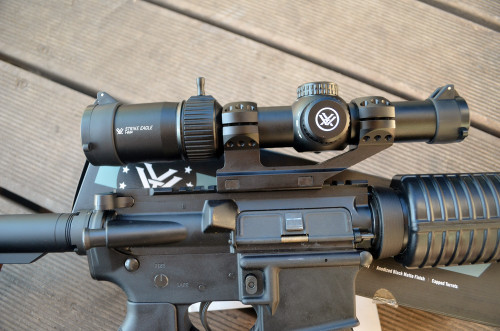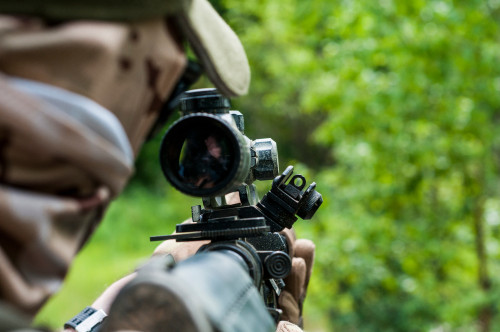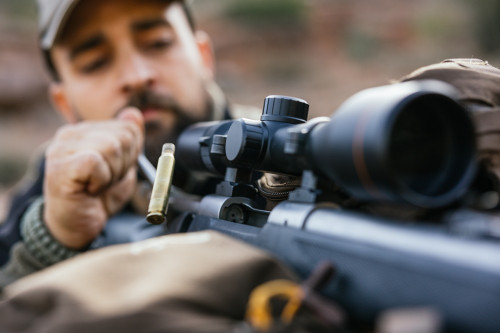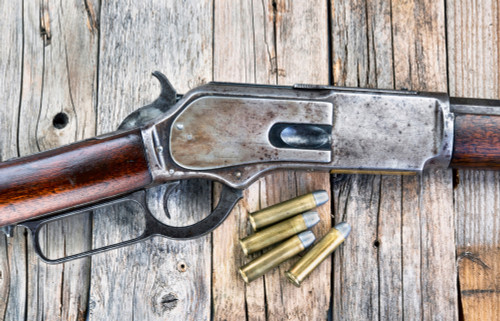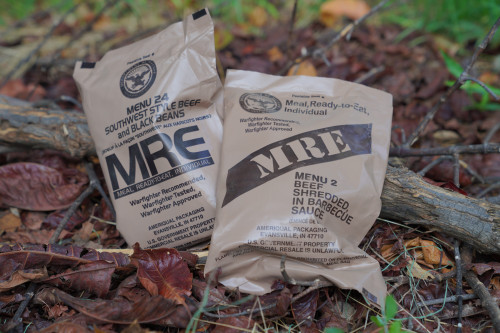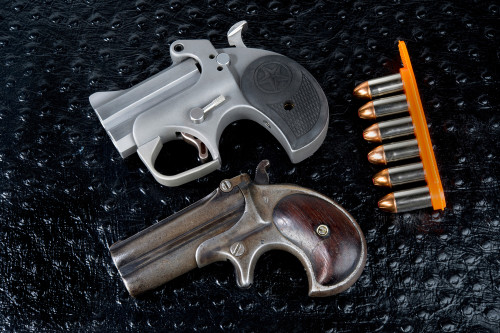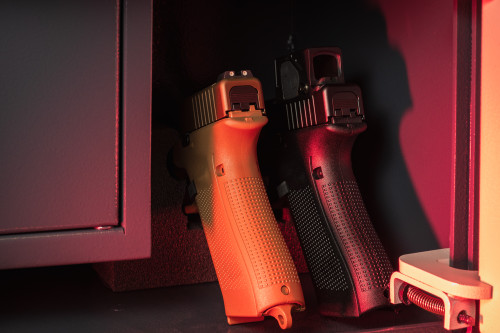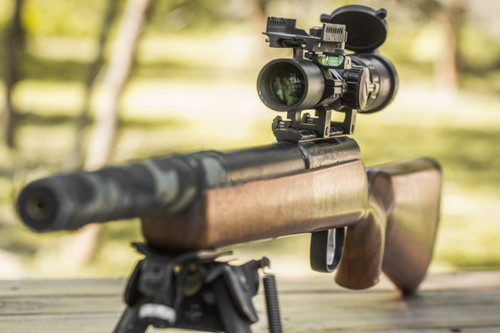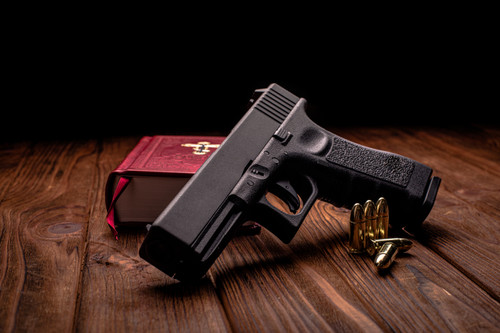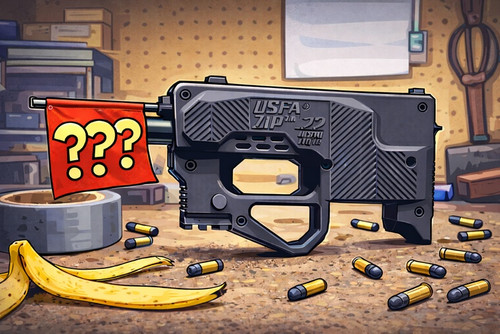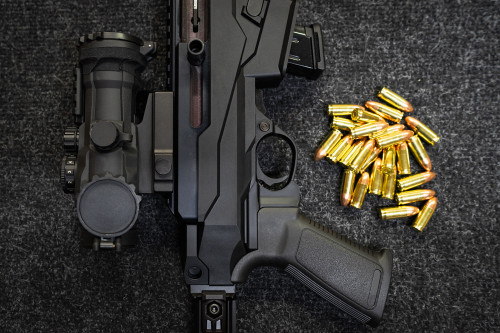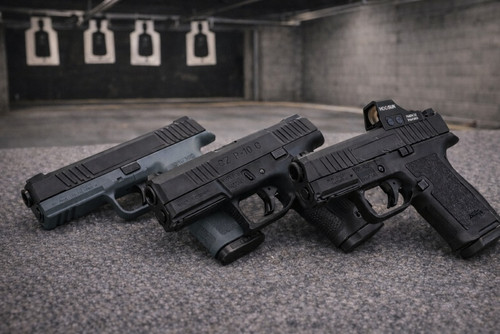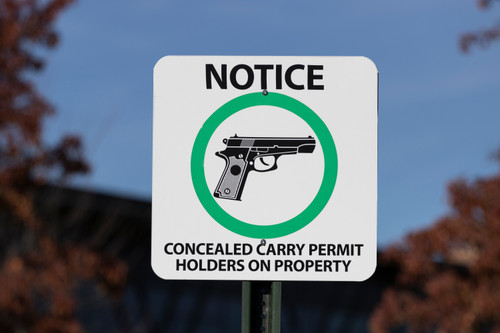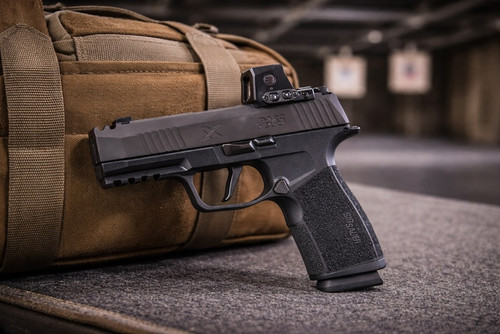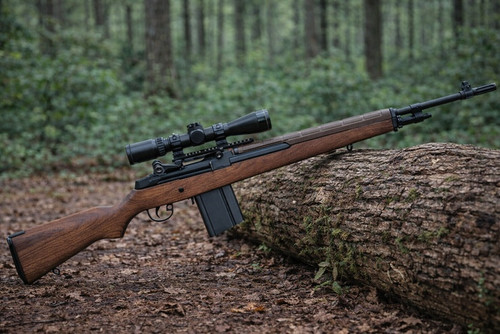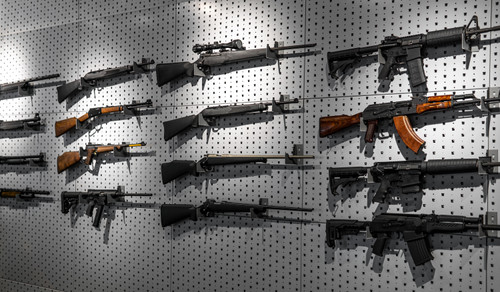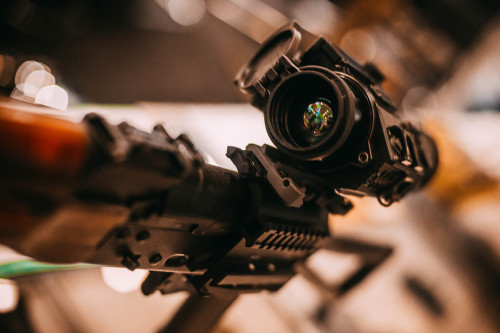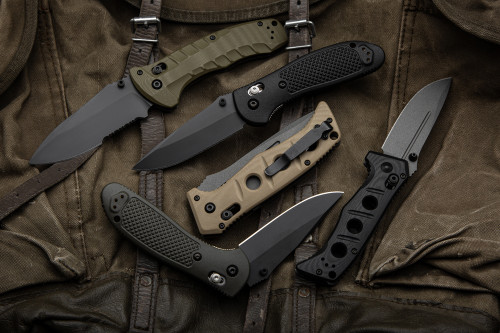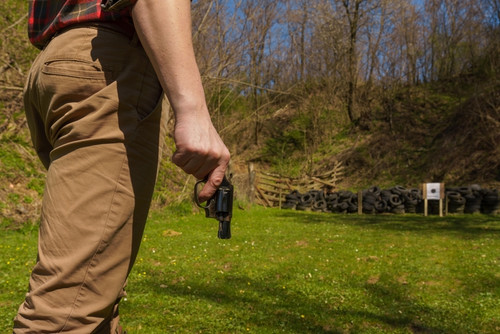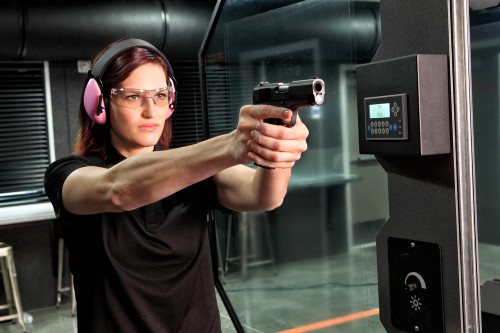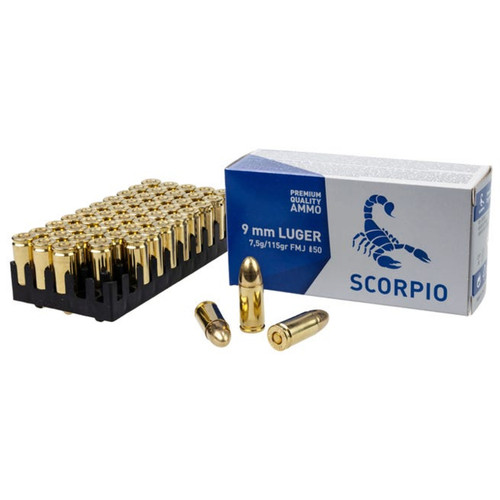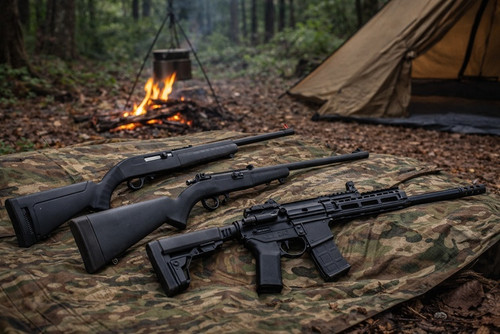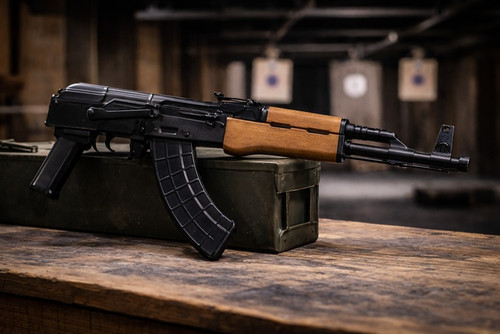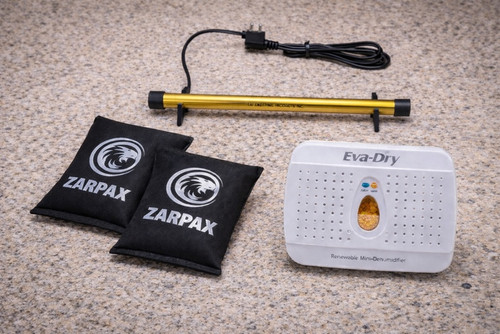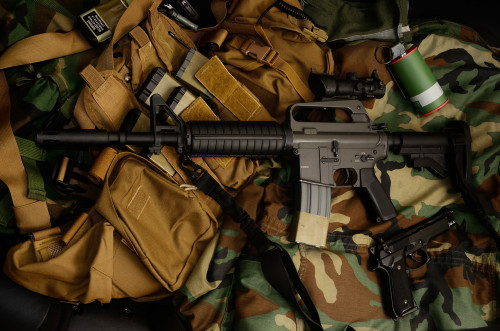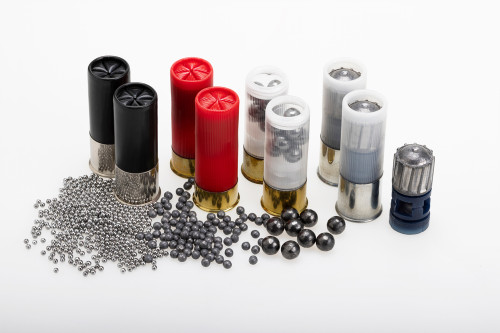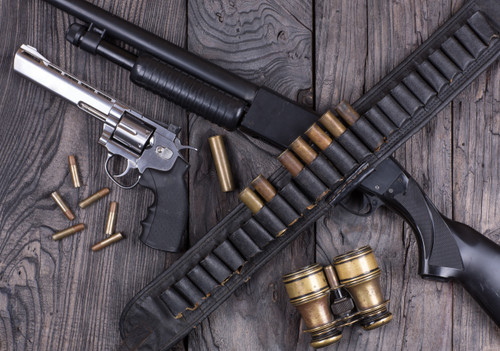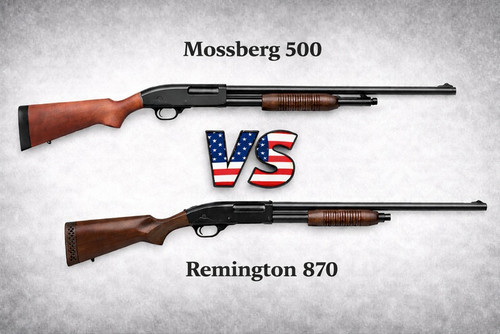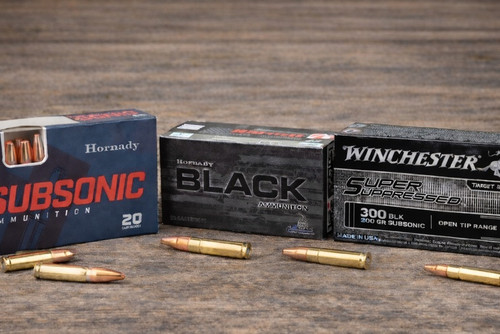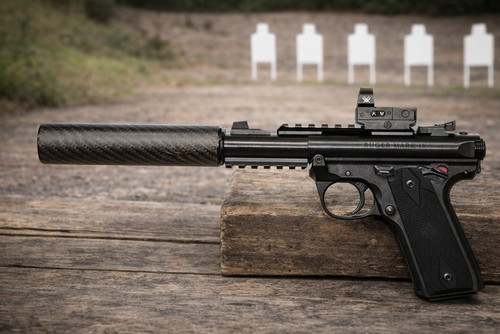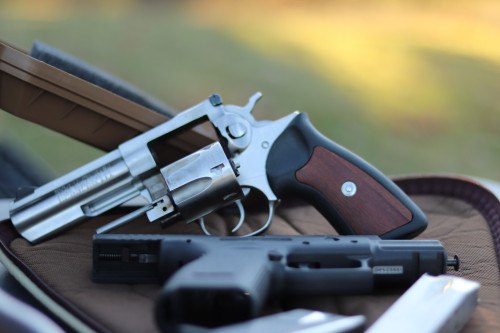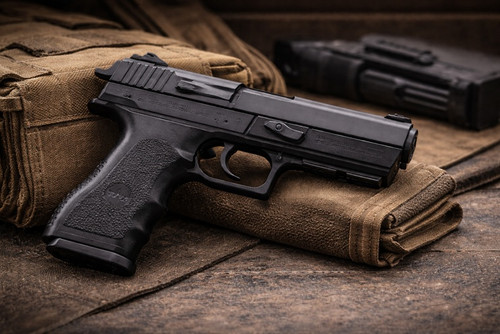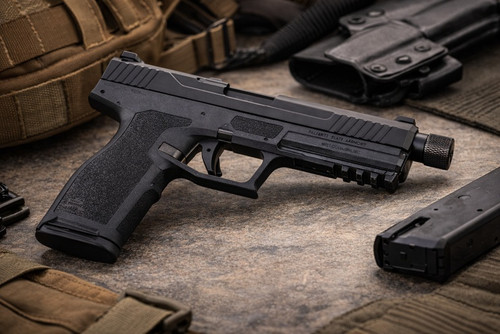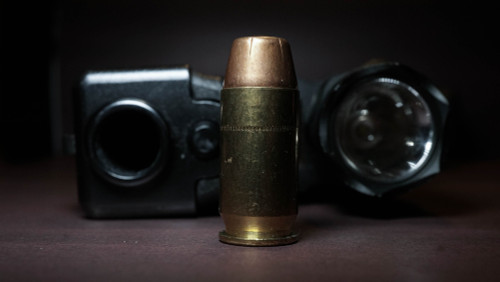Ever dreamed of turning your firearms hobby into something more? Maybe you've taken apart your handgun and thought, "I could get paid to do this." Good news – you absolutely can! Gunsmithing offers a path for those passionate about firearms to develop professional skills that are always in demand.
Proper training makes all the difference between dangerous tinkering and professional-grade work. The great part? You don't need to uproot your life and move across the country. Many top-notch gunsmithing programs now offer online courses. They let you learn at your own pace from home.
This guide reviews the best gunsmithing schools available today. Let's explore how to turn your interest into expertise!
Why Go to Gunsmithing School in the First Place?
Gunsmithing goes far beyond basic cleaning and maintenance. It encompasses repairing, modifying, building, and restoring firearms of all types. A true gunsmith understands the mechanics, design principles, safety requirements, and legal aspects of working with firearms.
What can you expect to learn? Most programs cover:
- Disassembly and reassembly of common firearms
- Diagnosing and repairing malfunctions
- Custom modifications and fitting
- Metal finishing techniques
- Stock making and customization
- Ammunition reloading
- Basic machining and metalworking
Self-taught learning has its place, but structured courses offer advantages that YouTube videos can't match. Professional instruction helps you avoid costly mistakes, provides access to specialized tools, and teaches industry-standard techniques.
As for career paths, trained gunsmiths find work in:
- Independent gunsmith shops
- Firearms manufacturers
- Law enforcement agencies
- Military organizations
- Sporting goods stores
- Custom firearms businesses
- Self-employment and side hustles
What to Look for in a Good Gunsmithing School
Not all programs deliver equal value. Here's what matters when comparing options:
Accreditation and Recognition: Legitimate schools have proper accreditation. This ensures your certification means something to potential employers.
Learning Format: Online programs offer flexibility, but hands-on training provides invaluable experience. Some schools blend both approaches.
Practical Experience: How much time will you spend actually working on guns versus reading about them? The best programs emphasize practical skills.
Tool Packages: Many schools include basic gunsmithing tools with tuition. This helps you build your workshop as you learn.
Job Placement: Does the school connect graduates with potential employers? Do they have industry partnerships?
Cost Structure: Tuition varies dramatically between programs. Look for transparent pricing and payment options that work for your budget.
Top Gunsmithing Schools (Reviewed & Compared)
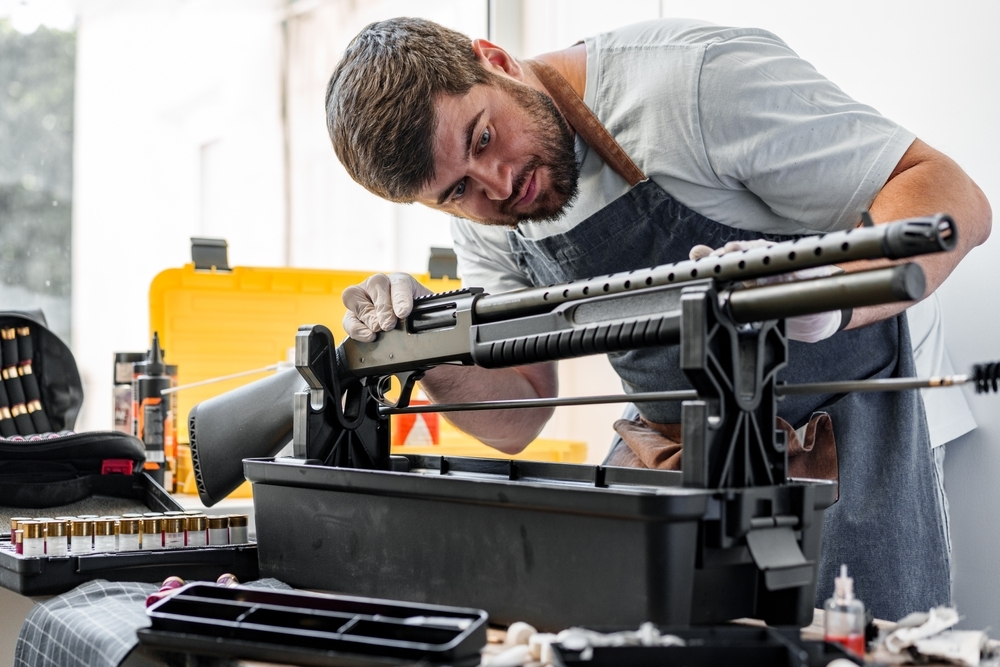
Modern Gun School (MGS)
Operating since 1946, Modern Gun School offers a refreshingly flexible approach to gunsmithing education. With open enrollment, you can start anytime without waiting for semester schedules.
MGS focuses heavily on practical projects rather than just theory. You'll complete hands-on tasks like refinishing a stock or building a rifle lower. The program gives you tangible skills and finished projects to showcase your abilities.
The school personalizes instruction, with staff and Master Gunsmiths adapting content to individual students' interests and needs. This creates a more engaging learning experience compared to one-size-fits-all programs.
Tuition varies depending on the program: the Basic course starts at $1,609 plus a $150 registration fee, while the Advanced Gunsmithing II program costs $2,192 upfront or a total of $2,740 with fees included. Monthly payment plans are available at around $99/month for 24–29 months. MGS is accredited by the Distance Education Accrediting Commission (DEAC), adding credibility to its flexible online format. This makes it accessible for various budgets.
MGS serves beginners particularly well. The practical focus and project-based curriculum help new gunsmiths build confidence through completed projects.
Sonoran Desert Institute (SDI)
Founded in 2000, Sonoran Desert Institute has established itself as a leader in distance learning for firearms education. This nationally accredited school offers flexible online programs for both hobbyists and aspiring professionals.
SDI stands out for its comprehensive approach. Students can choose complete degree programs or select individual courses focused on specific skills like rifle accurizing or advanced armorer topics.
The school enjoys strong industry connections, with graduates reporting good success finding employment. Many instructors come directly from the firearms industry, bringing real-world expertise to their teaching.
One notable feature of SDI is the option to receive a tool kit, particularly in the Certificate in Firearms Technology – Handgun Specialist program. If students choose the SDI-Managed Materials option, a $1,200 non-refundable materials fee covers shipment of required tools, firearms components, and course materials directly to their address. These kits typically include gunsmithing tools like punches, bench blocks, cleaning supplies, disassembly parts, manuals, and sometimes a non-functional training handgun. Students also have the option to source materials themselves, provided they follow SDI’s detailed specifications. This flexibility helps students build a capable workspace tailored to their coursework.
Cost varies based on your chosen program, but expect to invest several thousand dollars for comprehensive education. The upside? SDI holds DEAC accreditation and offers a 60-credit Associate of Science in Firearms Technology (completed over four 16-week semesters), as well as 16- and 32-credit certificate programs—providing recognized credentials and hands-on tools for your future work.
Ashworth College
Based in Georgia, Ashworth College has developed an online gunsmithing program centered on real-world applications. The curriculum mimics the daily work of professional gunsmiths.
Students learn through practical projects that demonstrate mastery of specific skills. You'll troubleshoot, disassemble, repair, and reassemble various firearms as part of your coursework.
The program doesn't emphasize advanced machining or metalworking but provides excellent training in day-to-day gunsmithing tasks. For many students, this practical focus delivers better value than more theoretical approaches.
Affordability stands out as a major advantage. The entire program costs between $559 and $699 depending on payment method, with monthly plans as low as $49.
Graduates finish with fundamental gunsmithing techniques and preparation for state or federal firearms certification exams (excluding those with specific course requirements).
Penn Foster College
Penn Foster College and Penn Foster Career School are part of the same institution under slightly different branding. Penn Foster College boasts over a century of distance learning experience. It's fully accredited by the Distance Education Accrediting Commission and regionally by the Arizona State Board for Private Postsecondary Education.
Their gunsmithing diploma program teaches fundamentals including safety, machining, maintenance, and design. The 3-month curriculum makes it one of the shortest programs available.
At under $1,000, it's exceptionally affordable. This makes it perfect for hobbyists upgrading their skills or professionals seeking credentials to expand job opportunities.
Courses cover gun safety, common firearm disassembly, stock customization, antique restoration, custom ammunition loading, proper optics mounting, and firearms history.
The program avoids teaching questionable modifications like "sporterizing" historic rifles. It focuses instead on proper preservation and restoration techniques.
Penn Foster Career School
Operating worldwide through their online platform, Penn Foster Career School has become a respected name in distance gunsmithing education.
The school features dedicated firearms instructors and offers both certificate programs and associate degrees. A major advantage? Low entry requirements – applicants need only pass an 8th-grade education equivalency exam.
Coursework covers gun safety, assembly/disassembly, antique restoration, customization, scope mounting, ammunition loading, metalworking, finishing, and machine tool operation. Students also learn firearm history and design principles.
The mobile-friendly platform allows studying from anywhere. For this reason it is ideal for busy adults balancing education with other responsibilities.
Penn Foster provides numerous payment options, including interest-free monthly installments. Veterans can use education benefits and so it is an accessible choice for former service members.
American Gunsmithing Institute (AGI)
AGI has earned its reputation through detailed video instruction from recognized industry experts. Their professional certificate program can be completed in just 90 days, though it still provides a substantial 108 hours of instruction.
The curriculum covers essential gunsmithing tasks plus in-depth study of firearm design principles. This knowledge prepares you for potential work with manufacturers.
AGI offers exceptional flexibility in course selection. You can focus on areas that interest you most, skipping topics that don't fit your career goals. This customization makes it a good value regardless of your specific interests.
Price points vary dramatically. The full professional gunsmith certification runs between $5,000 and $15,000 depending on options. However, individual armorer courses start around $40, with specialty courses ranging from $50 to $1,300.
This school works best for visual learners who appreciate detailed demonstrations and those wanting to understand the engineering behind firearms.
Colorado School of Trades
For those seeking an immersive, in-person experience, Colorado School of Trades offers a comprehensive Associate of Occupational Studies degree in gunsmithing. Located near Denver, this school has educated gunsmiths since 1947.
The 14-month program consists of four primary classes: Basic Gunsmithing, Machine Shop, Stock Making, and Design & Function. Students progress from fundamentals to advanced techniques in a logical sequence.
You'll learn machine shop basics including lathe operation, CNC programming, and using common tools like Dremels and grinders. The stock making course teaches how to build and bed precision fiberglass rifle stocks.
The program concludes with detailed study of firearms design and manufacture, providing technical knowledge applicable to most common firearms.
This in-person program requires relocation but offers the advantage of immediate feedback and instruction from experienced teachers. For dedicated students seeking immersive education, it represents a solid investment.
Comparison Table
| School | Format | Duration | Certification | Best For |
|---|---|---|---|---|
| Sonoran Desert Institute | Online | Varies | Certificates/Degrees | Career-focused students |
| American Gunsmithing Institute | Online | 90+ days | Professional Certificate | Visual learners |
| Modern Gun School | Online | Self-paced | Certificate | Beginners, hands-on learners |
| Ashworth College | Online | Self-paced | Certificate | Budget-conscious students |
| Penn Foster Career School | Online | Self-paced | Certificate/Degree | Students needing flexibility |
| Colorado School of Trades | In-person | 14–18 months | Associate Degree | Full-time, serious students |
| Penn Foster College | Online | 3 months | Diploma | Hobbyists, quick certification |
Tips for Choosing the Right Gunsmithing School
First, define your goals clearly. Are you hoping to open your own shop, get hired by a manufacturer, or just work on personal firearms? Different goals call for different training approaches.
Next, assess your time commitment realistically. Some programs demand 20+ hours weekly, others let you work at your own pace. Choose something that fits your schedule.
Budget matters too. Consider not just tuition but also tools and materials. Some programs include tools and thus saving you thousands in startup costs.
Learning style plays a huge role in success. Do you prefer watching demonstrations, reading instructions, or figuring things out hands-on? Pick a program matching your style.
Lastly, research student outcomes. Look for reviews, success stories, and placement rates. A fancy website means nothing if graduates can't find jobs or lack necessary skills.
Final Thoughts
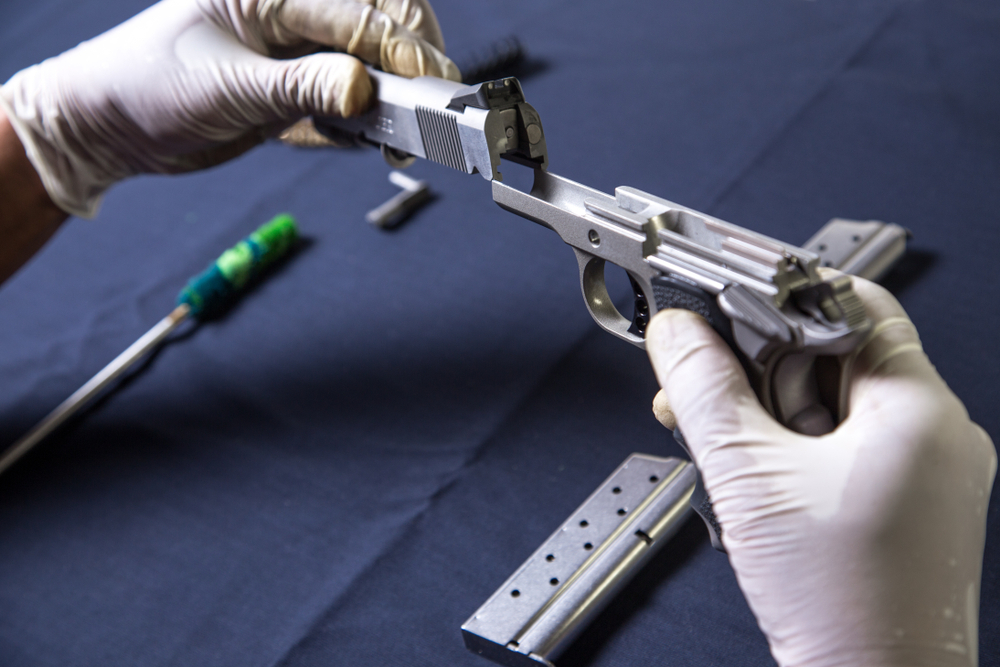
Gunsmithing schools provide a structured path from curious hobbyist to skilled craftsperson. The range of programs means almost anyone can find appropriate training regardless of budget, schedule, or career goals.
For those serious about firearms, proper education isn't just about career opportunities—it's about safety, quality, and preserving the craft. The right training ensures you'll handle firearms correctly and perform modifications that enhance rather than compromise them.
Investing in quality education pays dividends in skill, confidence, and results. The schools reviewed here represent some of the best options available today for beginning your gunsmithing journey.
Even if you’re not enrolled in a gunsmithing program yet, you can start practicing the same maintenance skills that every professional uses. A quality cleaning kit is one of the simplest ways to begin working hands-on with firearms. Our top gun cleaning kit picks will help you get started with the right tools.
Frequently Asked Questions
How long does it take to become a certified gunsmith?
Program lengths vary significantly. You can earn a basic certificate in as little as 3 months through Penn Foster College, or spend 14-18 months completing an associate degree at Colorado School of Trades. Most online programs allow 6-12 months for completion, but self-paced options let you move faster or slower based on your schedule and learning speed.
Do I need special licenses to work as a gunsmith?
Yes, professional gunsmiths typically need a Federal Firearms License (FFL) to legally receive and work on firearms. State requirements vary, with some requiring additional licensing or certification. Many gunsmithing schools include information about licensing requirements as part of their curriculum, but it's your responsibility to research local regulations.
What tools will I need to get started in gunsmithing?
Basic gunsmithing requires punches, hammers, screwdrivers, files, and specialized tools like action wrenches. More advanced work demands precision measuring tools, bench vises, and possibly machine tools like lathes or mills. Many schools include starter tool kits with tuition, helping you build your workshop gradually without major upfront investment.
Can I learn gunsmithing without attending a formal school?
Yes, but the learning curve is steeper. Books, videos, and apprenticeships offer alternative education paths. However, formal education provides structured learning, safety protocols, and industry connections that self-study lacks. Schools also teach legal compliance and business aspects that many self-taught gunsmiths miss.
What career options exist for trained gunsmiths?
Graduates find work in gun shops, sporting goods stores, firearms manufacturers, law enforcement agencies, and military organizations. Many become independent gunsmiths with their own businesses. Specializations include custom rifle building, historical restoration, competition gun tuning, and tactical firearms modification. The skills also transfer well to related fields like machining and manufacturing.
How much can I expect to earn as a professional gunsmith?
Entry-level gunsmiths typically earn $30,000-$40,000 annually. Experienced professionals with specialized skills can make $50,000-$70,000+. Self-employed gunsmiths have unlimited earning potential but face business expenses and fluctuating demand. Location significantly impacts earning potential, with higher wages in areas with strong hunting and shooting cultures.



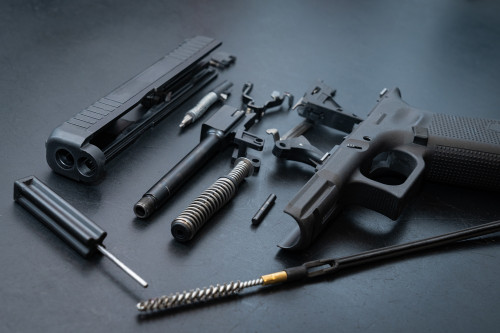
 Pro Armory Editorial Team
Pro Armory Editorial Team